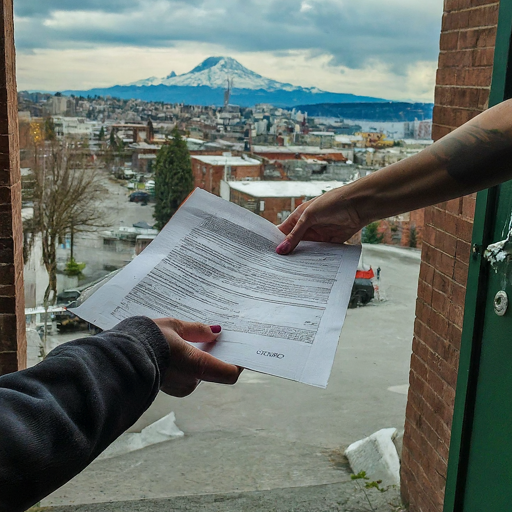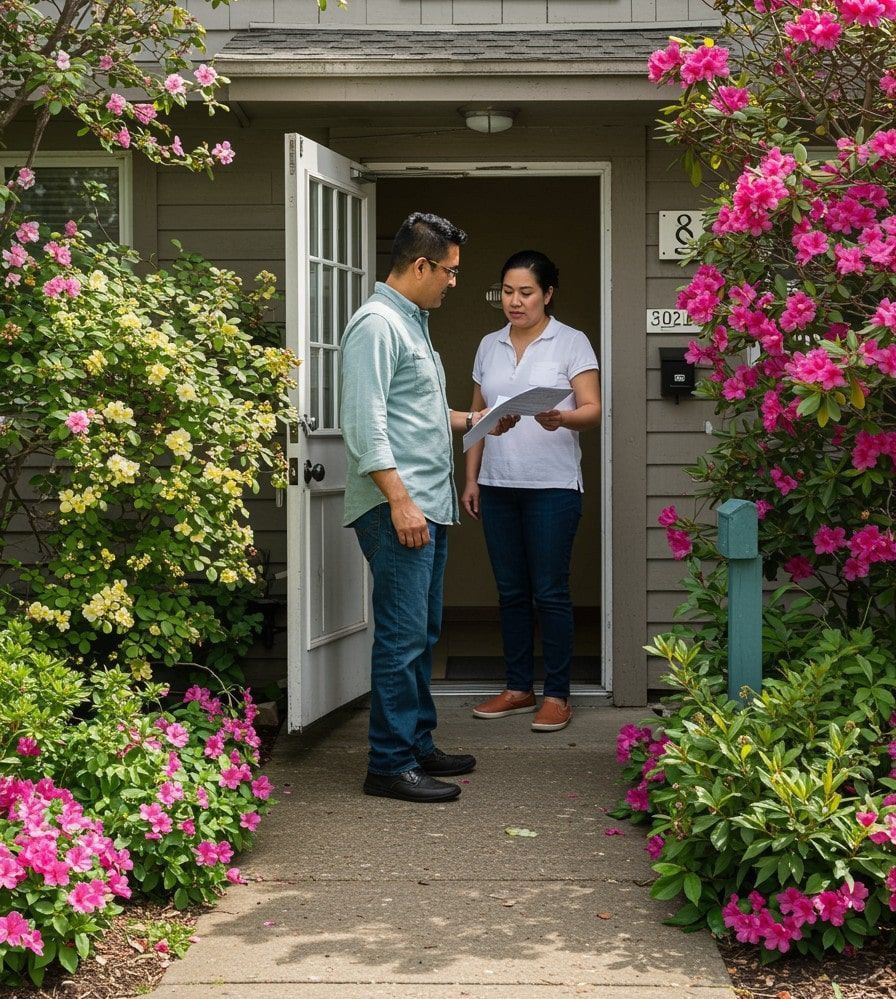How to Verify if a Process Server at Your Door is Legitimate
How to tell if a process server is legitimate

If you’ve ever had a stranger show up at your door claiming to deliver legal documents, you might be feeling uneasy and unsure about how to verify their legitimacy. It’s important to handle such situations carefully to avoid falling victim to scams or unnecessary stress. Here’s a straightforward guide on how to determine if the process server at your door is real, and how to deal with the situation effectively.
Table of Contents:
- Quick Verification: Ask for the Process Server’s Registration Number
- Assessing Professionalism Through Demeanor
- Verify the Documents and Your Identity
- Handling Situations Where the Person Does Not Live at Your Address
Quick Verification: Ask for the Process Server’s Registration Number
One of the quickest ways to verify if someone is a legitimate process server is to ask for their registration number. In Washington State, a process server's registration number typically will not be more than ten digits. Process servers are required to be registered with the appropriate local or state authorities, and they should have this number on hand. A legitimate professional server will provide their registration number without hesitation. If they seem reluctant or unable to provide it, it could be a red flag.
Assessing Professionalism Through Demeanor
A genuine process server will generally exhibit a professional demeanor. They should be clear, respectful, and straightforward in their communication.
Pay attention to their behavior:
- Politeness and Professionalism: They should maintain a polite and professional attitude. Aggressive behavior or high-pressure tactics are signs that they might not be legitimate. Professional process servers are used to people questioning who they are and know how to handle the situation without getting agitated.
- Documentation Presentation: A professional process server will present documents in a clear and organized manner. They should not be pushy or overly intrusive.
Verify the Documents and Confirm Your Identity
While a process server will need you to confirm your identity for privacy reasons, they should not ask for personal information beyond your first and last name. Here’s how you can handle the situation:
- Ask to See the Documents: Request to see the documents they are serving. They should be able to show you a legal document with your name on it.
- Confirm Your Identity: The process server will ask you to confirm your name. This is standard practice to ensure the right person receives the important legal documents.
- Check the Name on the Documents: Review the name on the documents to ensure it matches the person they claim to be serving.
Handling Situations Where the Person Does Not Live at Your Address
If the process server is looking for someone who no longer resides at your address, they might ask if you know their current whereabouts.
Here’s how to manage this situation:
Providing Information:
- If you have any information about the person’s current address, providing it can help the process server locate them more efficiently. It’s often in your best interest to share this information to prevent repeated visits.
Deciding Whether to Share Information:
- You have the option to withhold information if you prefer. However, be aware that if you choose not to share information, the process server may continue to visit your address in hopes of getting accurate details from someone else who answers the door. This can be disruptive and inconvenient.
Final Thoughts
Dealing with a process server doesn’t have to be stressful if you approach the situation with a clear understanding of how their job works and how to verify their legitimacy. By asking for their registration number, assessing their professionalism, and verifying the documents they present, you can confidently handle the situation. If they are looking for someone who no longer resides at your address, providing any helpful information can streamline the process and reduce further disruptions.
Remember, process servers are just doing their job, and handling their visit with transparency and cooperation will often make the process smoother for everyone involved.












